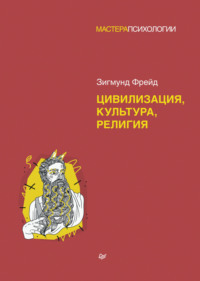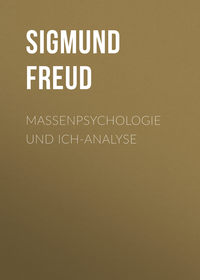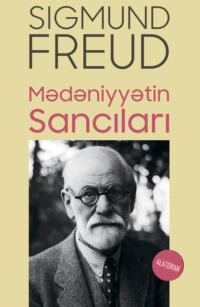
Полная версия
The Interpretation of Dreams / Толкование сновидений
Maury reports another example demonstrating just as nicely the reliability of infantile reminiscences appearing in dreams. Mr. F-, who had lived as a child in Montbrison, decided to visit his home and old friends of his family after an absence of twenty-five years. The night before his departure he dreamt that he had reached his destination, and that he met near Montbrison a man, whom he did not know by sight, who told him he was Mr. F., a friend of his father. The dreamer remembered that as a child he had known a gentleman of this name, but on waking he could no longer recall his features. Several days later, having really arrived at Montbrison, he found the supposedly unknown locality of his dream, and there met a man whom he at once recognised as the Mr. F. of his dream. The real person was only older than the one in the dream picture.
Конец ознакомительного фрагмента.
Текст предоставлен ООО «Литрес».
Прочитайте эту книгу целиком, купив полную легальную версию на Литрес.
Безопасно оплатить книгу можно банковской картой Visa, MasterCard, Maestro, со счета мобильного телефона, с платежного терминала, в салоне МТС или Связной, через PayPal, WebMoney, Яндекс.Деньги, QIWI Кошелек, бонусными картами или другим удобным Вам способом.
Примечания
1
To the first publication of this book, 1900.
2
Compare, on the other hand, O. Gruppe, Griechische Mythologie und Religionsgeschichte, p. 390. “Dreams were divided into two classes; the first were influenced only by the present (or past), and were unimportant for the future: they embraced theένύπνια, insomnia, which immediately produces the given idea or its opposite, e. g. hunger or its satiation, and the φαντάσµατα, which elaborates the given idea phantastically, as e. g. the nightmare, ephialtes. The second class was, on the other hand, determinant for the future. To this belong: (1) direct prophecies received in the dream (χρηματωμδς, oraculum); (2) the foretelling of a future event (ὅραμα); (3) the symbolic or the dream requiring interpretation (ὅνειρος, somnium). This theory has been preserved for many centuries”.












